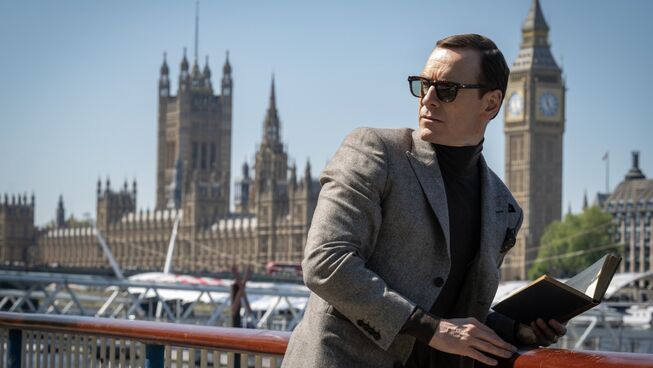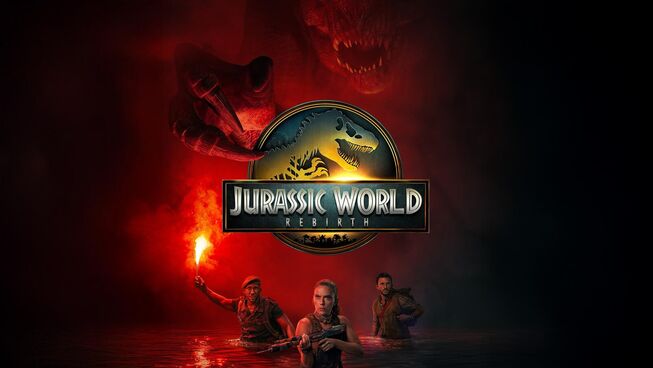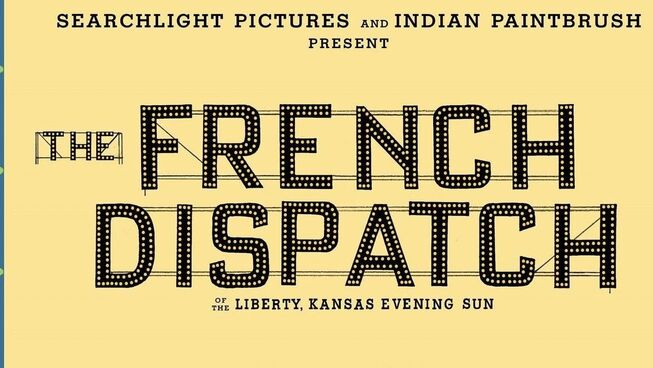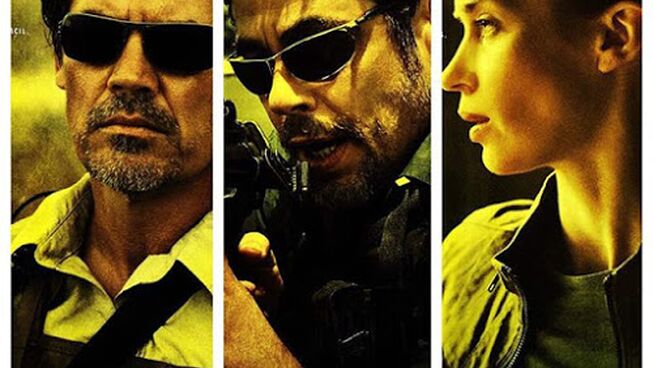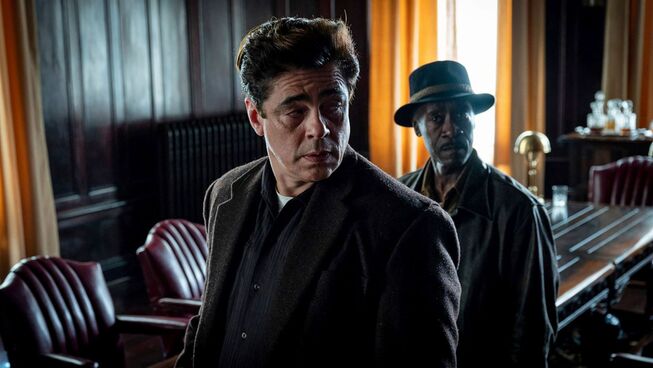The Phoenician Scheme
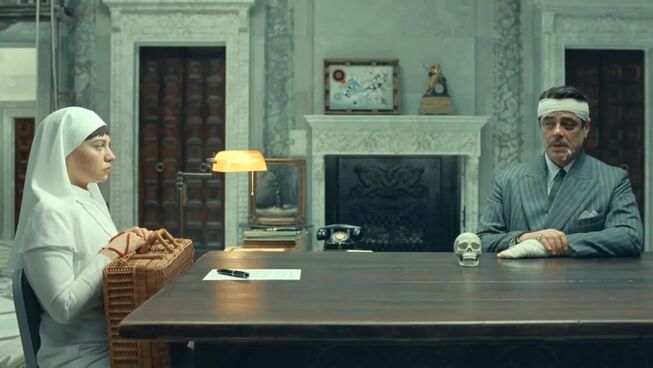
⭐️ ⭐️ ⭐️ ⭐️ (out of 5 stars)
Wes Andreson has developed a filmography that embodies one of modern history's most recognisable and distinguishing filmmaking styles. His sticking blocking, ostentatious sets, and his cast’s deadpan delivery have established him with a trademark brand. Yet, under the predictability, there is something original in the storytelling and social commentary that each film remains fresh in its delivery.
His latest eccentric excursion takes audiences into a desert scheme fronted by reclusive millionaire Zsa-zsa Korda (Benicio del Toro). Despite developing an extensive fortune and avoiding multiple assassination attempts, he begins to contemplate his own mortality. He asks his daughter, a nun called Liesel (Mia Threapleton), to take over his estate. Specifically, taking on the Phoenician Scheme meant to provide for their family for years into the future. As they attempt to secure funding, they encounter peculiar characters who have reservations about their involvement in Korda’s plan. All the while, the millionaire grapples with his own potential death and must consider his daughter’s faith as a possible answer to his strange dreams.
Throughout Anderson’s career, the director has polarised audiences as they attempt to determine if they genuinely like his unconventional technique. Yet, his writing and dialogue are uncannily brilliant, even in his more obscure projects. The Phoenician Scheme has to be his most metaphysical screenplay to date. The script is the most linear of his films, as the storyline moves along a specified set of steps, unlike his characters, who all have disjointed and varied pathways that are exposed over time and come to a satisfying conclusion.
No character is wasted as they trek into the desert or upon crashing once again in the jungle. Benicio del Toro, Mia Threapleton, and Michael Cera lead this cast of misfits who bring their own colour and spice to the storyline. Even the less-than-biblical afterlife scenes play an exceptionally poignant role in developing their idiosyncratic lead characters. Despite being quintessentially Wes Anderson, this production has to be one of the more accessible and entertaining options from the last few years. Many of the director’s films delve into the deeper considerations of life, and The Phoenician Scheme is the most engaging of them all.
Find out more about Russ Matthews latest book: Reel Marriage
REEL DIALOGUE: Do you wonder what comes after death?
Death is not a new subject in the world of cinema. Zsa-Zsa Korda wrestles with his mortality throughout this chapter of his life, which forces him to consider whether God actually exists. His discovery eventually makes him take on the Catholic faith held by his daughter. This is an existential journey that leaves him in a spiritual conundrum that needs some more flashing out to be considered real.
Thankfully, the Bible provides most of the answers the young people sought in the film. The promise of eternal life from the God of the Bible truly brings this subject matter to life. To dig in deeper, it's all there to be considered in Revelation 21-22.
It is not surprising that people believe in an afterlife. The difference in Christianity is that access comes from a place of sacrifice and selflessness. To find out more, check out these links to find the real answers to life, death, and more.

